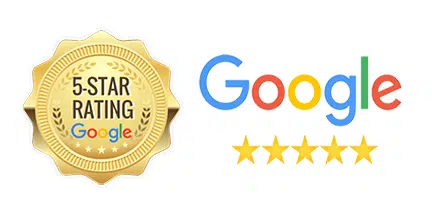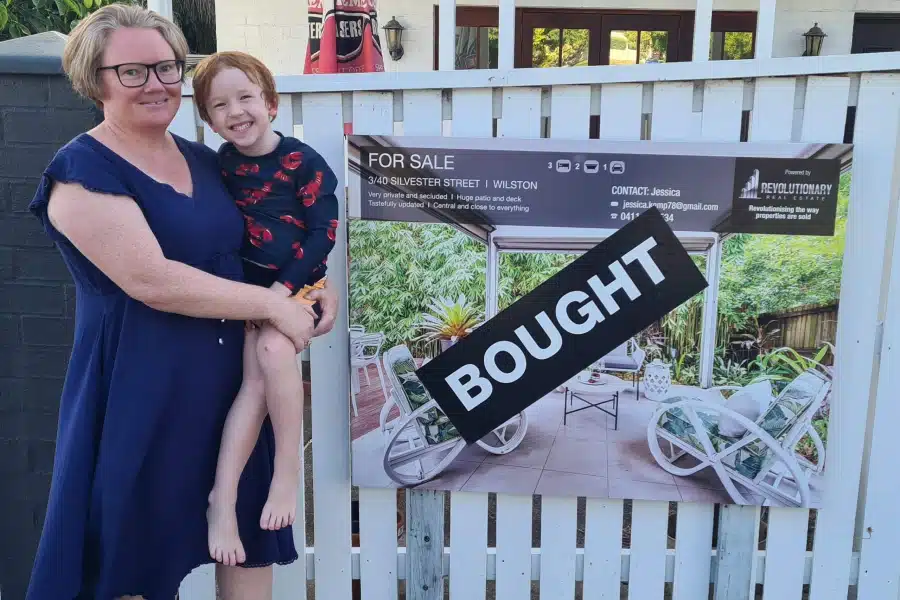
For generations, we’ve been led to believe that real estate commissions gives agents an incentive to sell our homes at the highest possible price. Most of us still take this for granted. What if I told you that not only is this totally wrong, but the opposite is actually true?
The logic used to fool us for so long was very simple. The higher the sale price, the more the agents will earn in real estate fees. We believed that the prospect of these higher fees created a vested interest for agents to work hard to achieve the highest sale price.
This false belief has been completely debunked by several independent studies, which show that in actual fact, commissions encourage a quicker sale and lower sale prices.
Understanding Real Estate Commissions
When you decide to put your home on the market, the topic of real estate fees is likely to weigh heavily on your mind at some stage. The problem occurs when you focus only on how much real estate commissions are in dollar terms, instead of trying to understand what the actual percentage rate of that commission encourages your agent to do.
The average real estate commission rate in Australia is 2.5%. You may be excited if you find a real estate agent who will charge a lower percentage or you may be proud of yourself for negotiating an agent’s fee down.
Focusing on the dollar amount of a percentage-based commission is very short sighted. You should instead look at the incentive – or disincentive – that commissions provide, because whatever is rewarded, is repeated, again and again.
What Do Real Estate Commissions Really Incentivise?
To really understand the effect of a percentage based commission on the performance of a real estate agent and the incentive it provides that agent, let’s take the example of an $800,000 home where the agreed percentage commission is 2.5%.
At this rate, your agent will make $250 extra for every $10,000 more they achieve for your home by patiently waiting for the right buyer, from whom they can squeeze every last dollar, while hoping they don’t risk scaring them away. Does this seem like an enticing incentive?
Let’s just turn this around the other way for a moment and look at it from another – more critical perspective. At this same rate of 2.5%, it would only cost your agent $250 for every $10,000 less they convince you to accept for your home. This would help them secure a quicker sale and pocket their $20,000 commission sooner.
Do you think it makes much difference to the agent if their commission is $20,000 or $21,250? That’s only a difference of $1,250 for the agent, but a difference of $50,000 in YOUR sale price. Do you think most agents would settle for the lesser $20,000 if they could have it sooner. Would you settle for $50,000 less just to sell a little sooner?
Percentage Based Commissions Create A Conflict of Interest
This means that a percentage based commission encourages your real estate agent to secure a quicker sale, so that they can get paid sooner, even if this comes at the expense of achieving the highest possible sale price. This phenomenon has been proven by several independent studies, most notably the one made famous by the famous book Freakonomics.
Apart from being an unfair reward for agents, which I wrote about here, commissions also create a conflict of interest between real estate agents and vendors. This is especially true if the vendor’s goal is to achieve the highest possible sale price.
The simple fact is this: you cannot outsource vested interest. Nothing proves this more conclusively than percentage based real estate fees, which actually provides a conflict of interest, between you and your agent. Especially if you want to achieve the highest sale price.
No one, not even the best real estate agents, will have the same vested interest as you in the sale of your home. No one has more at stake than you and no one has more riding on the outcome of the sale than you do.
- Click here to understand the 10 hidden traps and false beliefs about selling your home, which will easily cost you around 10% of the value of your home.
- Click here to read about the 4 signs ignored by most home sellers that scream: “You will lose money on the sale of your home” – even if you think you’re doing well.
- You can read here about the 5 reasons why you’ll NEVER achieve the highest possible sale price with either a real estate agent or by selling privately.
- Click here to understand why you will undersell your home with any of your local real estate agents without ever realising.





